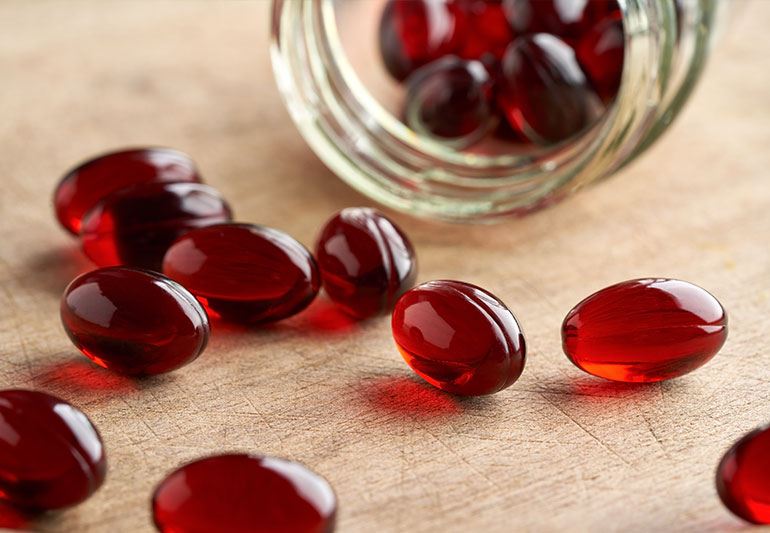
When it comes to supplementing your diet with omega-3 fatty acids, the debate between krill oil and fish oil is ongoing. Omega-3s are essential fats that the body cannot produce on its own, so it’s important to get them from our diet. These fats are known for their beneficial effects on heart health, brain function, and inflammation. Both krill oil and fish oil provide these essential fats, but there are differences between the two that might make one a better option for you.
What is Krill Oil?
Krill oil is derived from Antarctic krill, a small crustacean that is a primary food source for many marine animals. Krill oil contains two main types of omega-3 fatty acids – eicosapentaenoic acid (EPA) and docosahexaenoic acid (DHA). What sets krill oil apart is that these omega-3s are in the form of phospholipids, which are believed to be more easily absorbed by the human body.
What is Fish Oil?
Fish oil is derived from the tissue of oily fish such as salmon, mackerel, and trout. It is a rich source of EPA and DHA, like krill oil, but these omega-3s are typically in the form of triglycerides. While still beneficial, triglycerides may not be as efficiently absorbed as the phospholipid form found in krill oil.
Key Differences Between Krill Oil and Fish Oil
Absorption
Krill oil’s phospholipid structure may allow for better integration with the body’s cells, leading to higher bioavailability and potentially more impact from smaller doses. However, more research is needed to fully confirm this advantage.
Environmental Impact
Krill oil is touted for having a lower environmental impact than fish oil because krill are more abundant and harvested using sustainable practices. Still, it is critical to look for sustainability certifications for both krill and fish oil products to ensure responsible sourcing.
Contamination Risk
Both supplements may contain contaminants like mercury and PCBs. However, since krill is lower on the food chain and has a shorter lifespan, it is less likely to accumulate high levels of these substances. Always check if the product you’re buying has been purified and tested for contaminants.
Price
Krill oil is generally more expensive than fish oil due to its harvesting and production process. The cost may be a significant factor for those who need or want to supplement their diet with omega-3s over the long term.
Other Constituents
Krill oil contains an antioxidant called astaxanthin, which fish oil does not. Astaxanthin is known for its potential health benefits, including combating oxidative stress and inflammation.
Conclusion
While both krill oil and fish oil have their merits, the choice between them may come down to personal preference, budget, and how your body responds to each one. If you opt for krill oil, you might benefit from better absorption rates and additional antioxidants. Conversely, fish oil is a more cost-effective option and still an excellent source of omega-3 fatty acids.
No matter what you choose, it’s always essential to talk to your healthcare provider before starting any new supplement, especially if you have pre-existing health conditions or are taking other medications.



